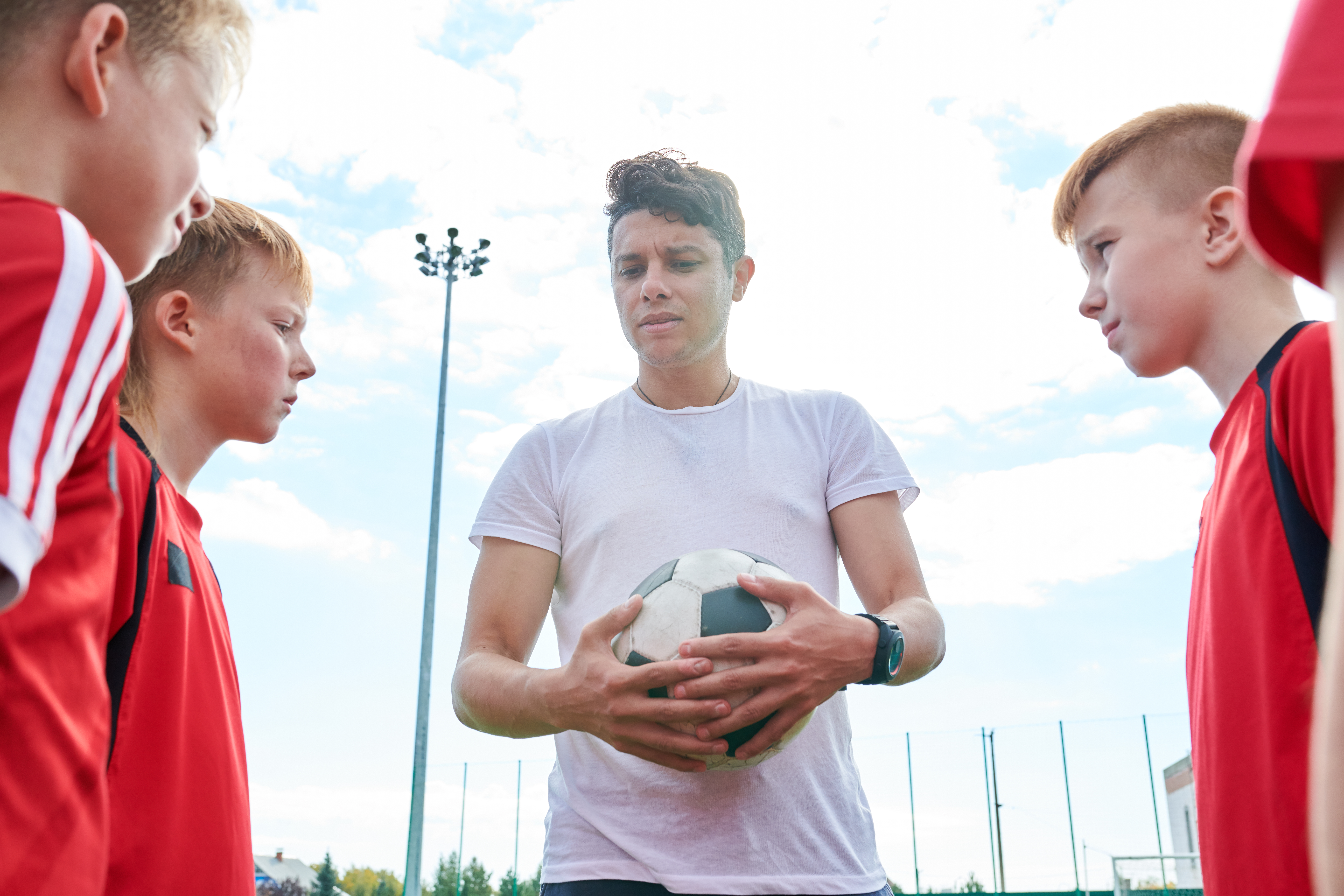In today’s sedentary world, encouraging children to embrace physical activity is crucial for their overall health and well-being. Regular exercise not only contributes to their physical development but also enhances cognitive abilities, boosts self-esteem, and promotes healthy habits. As parents and caregivers, it is essential to inspire kids to engage in exercise without resorting to criticism or negativity.
- Lead by Example
Children are more likely to adopt healthy habits when they see the important adults in their lives practicing them consistently. Embrace a physically active lifestyle yourself and let your children witness your enthusiasm for exercise. Engage in activities such as walking, jogging, cycling, or playing sports as a family. By leading by example, you demonstrate that exercise is not a chore but an enjoyable and fulfilling part of life.
- Focus on Fun and Variety
Make exercise enjoyable and exciting for children by introducing a wide range of activities that match their interests and abilities. Encourage them to explore different sports, dance classes, swimming, martial arts, or even outdoor adventures like hiking and camping. Allow them to choose activities they genuinely enjoy and look forward to participating in. By emphasizing fun and variety, children are more likely to develop a positive attitude towards exercise and seek out physical activities on their own.
- Set Realistic Goals
When encouraging children to exercise, it is important to set realistic and achievable goals. Avoid putting unnecessary pressure or comparing them to others. Tailor the goals to their age, abilities, and interests. For example, instead of aiming for a specific weight or body shape, focus on increasing endurance, mastering a new skill, or improving personal bests. Celebrate their milestones and progress, reinforcing the idea that exercise is a personal journey of growth and self-improvement.
- Provide Positive Reinforcement
Positive reinforcement plays a vital role in encouraging children to continue exercising. Offer genuine praise and encouragement for their efforts, no matter how small. Highlight their dedication, perseverance, and progress. For example, you could say, “I’m proud of how committed you are to your soccer practices. Your hard work is paying off, and I can see you’re becoming a better player.” Positive reinforcement boosts their self-esteem, motivates them to continue their efforts, and strengthens the parent-child bond.
- Make It a Family Affair
Create a supportive and inclusive environment by involving the entire family in exercise activities. Organize family outings to the park, initiate friendly competitions, or establish regular exercise routines that everyone can participate in. When exercise becomes a shared experience, children feel supported, motivated, and more likely to embrace physical activity as a positive aspect of their lives.
- Focus on Health, Not Appearance
When discussing exercise with children, shift the focus from appearance-related goals to the benefits of overall health and well-being. Emphasize the positive impact exercise has on their energy levels, mental clarity, and overall happiness. Teach them about the importance of a strong and healthy body, rather than promoting exercise solely as a means to achieve a certain appearance. By cultivating a holistic approach, children develop a positive body image and a lifelong commitment to their well-being.
Encouraging children to exercise without being critical is essential for fostering a positive relationship with physical activity. By leading by example, making exercise fun and varied, setting realistic goals, providing positive reinforcement, involving the whole family, and focusing on health rather than appearance, we can inspire children to embrace exercise as a joyful and essential part of their lives. Let us empower the next generation to prioritize their well-being, embrace an active lifestyle, and reap the countless benefits that regular exercise brings.




